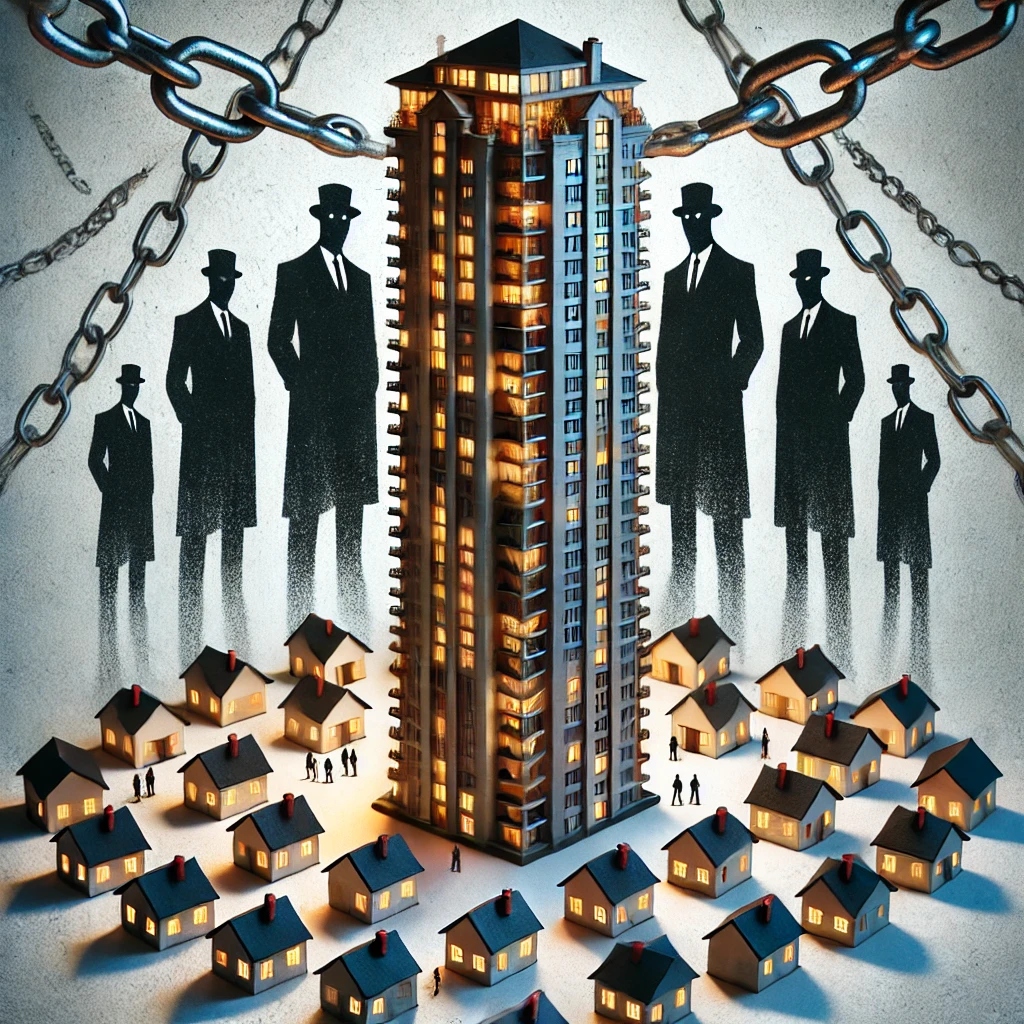Wealth and Power Are Concentrated at the Top
In an oligarchy, only a small group of people control most of the country’s wealth and power. Billionaires and large corporations have an outsized influence on political decisions, and it feels like their interests are prioritized over everyone else’s.

Politicians Rely on Big Donors
If political campaigns are funded by a handful of wealthy individuals or corporations, it often means that those donors have a say in the laws that get passed. Instead of representing the average person, politicians may focus on keeping their biggest supporters happy.
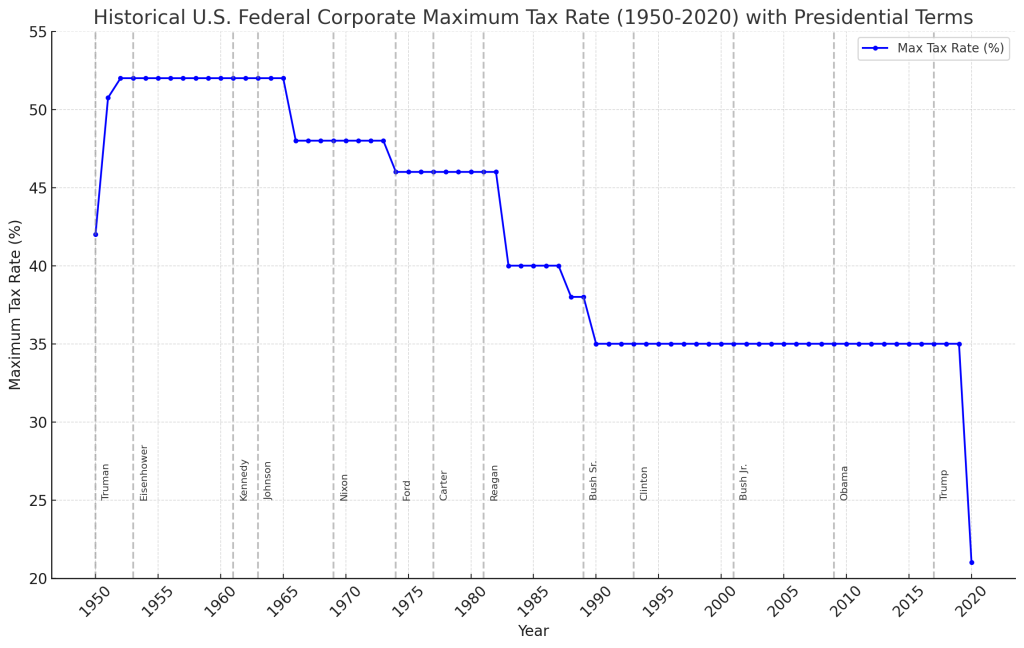
Policies Favor the Rich
When tax laws, subsidies, or economic policies seem to always benefit the wealthy rather than the majority, it can be a sign of an oligarchy. You might notice tax breaks for corporations or low taxes for the rich, while working people struggle with high costs of living. Presidents who lowered the tax rate for corporations have been Johnson, Nixon, Reagan, and Trump.

Limited Upward Mobility
If the gap between the rich and the poor keeps getting wider, and it’s difficult for most people to improve their economic status, it suggests that wealth and opportunity are being hoarded by a select few. Education, housing, and health care may be too expensive for many to afford.
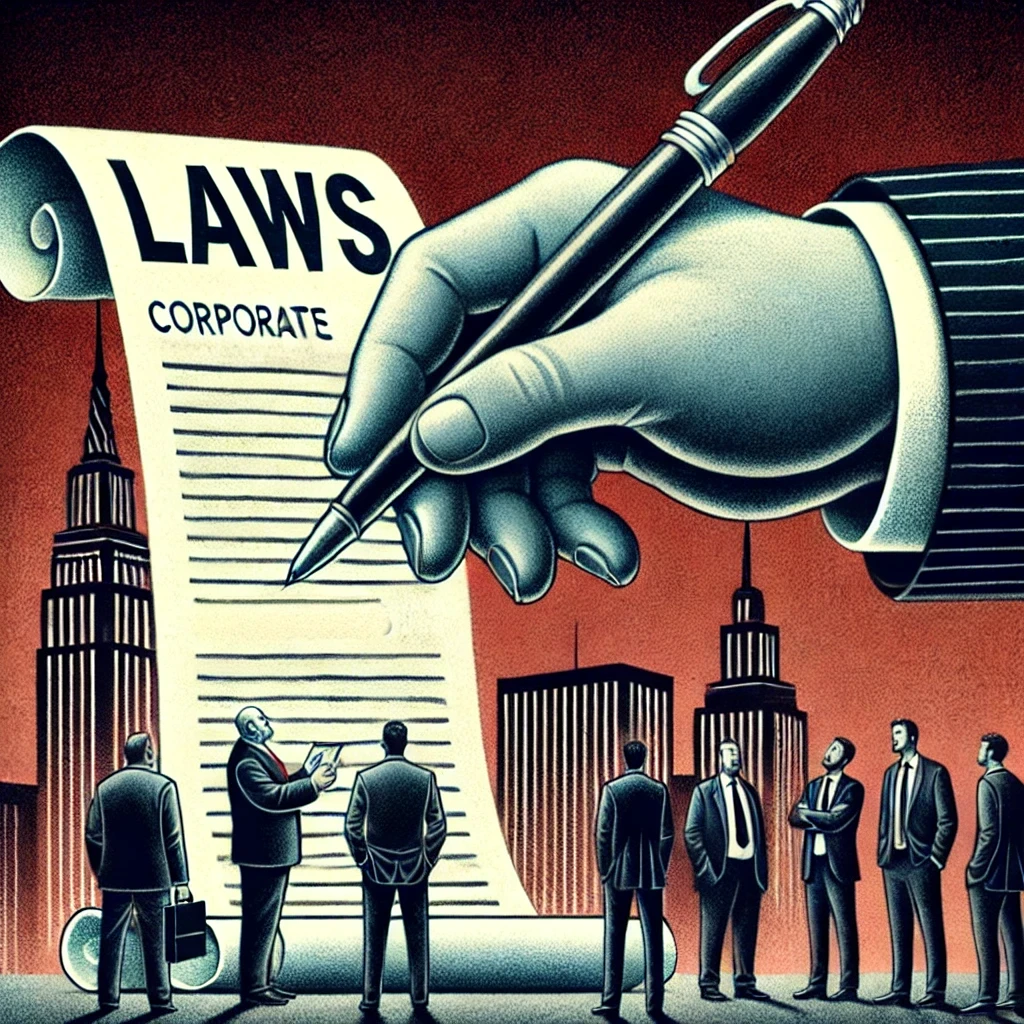
Corporate Influence Over Government
When corporations have a say in how laws are written, such as lobbying for looser regulations or controlling entire industries, it points to oligarchic control. Major decisions affecting the public may be shaped by corporate interests, like in health care or environmental policy.
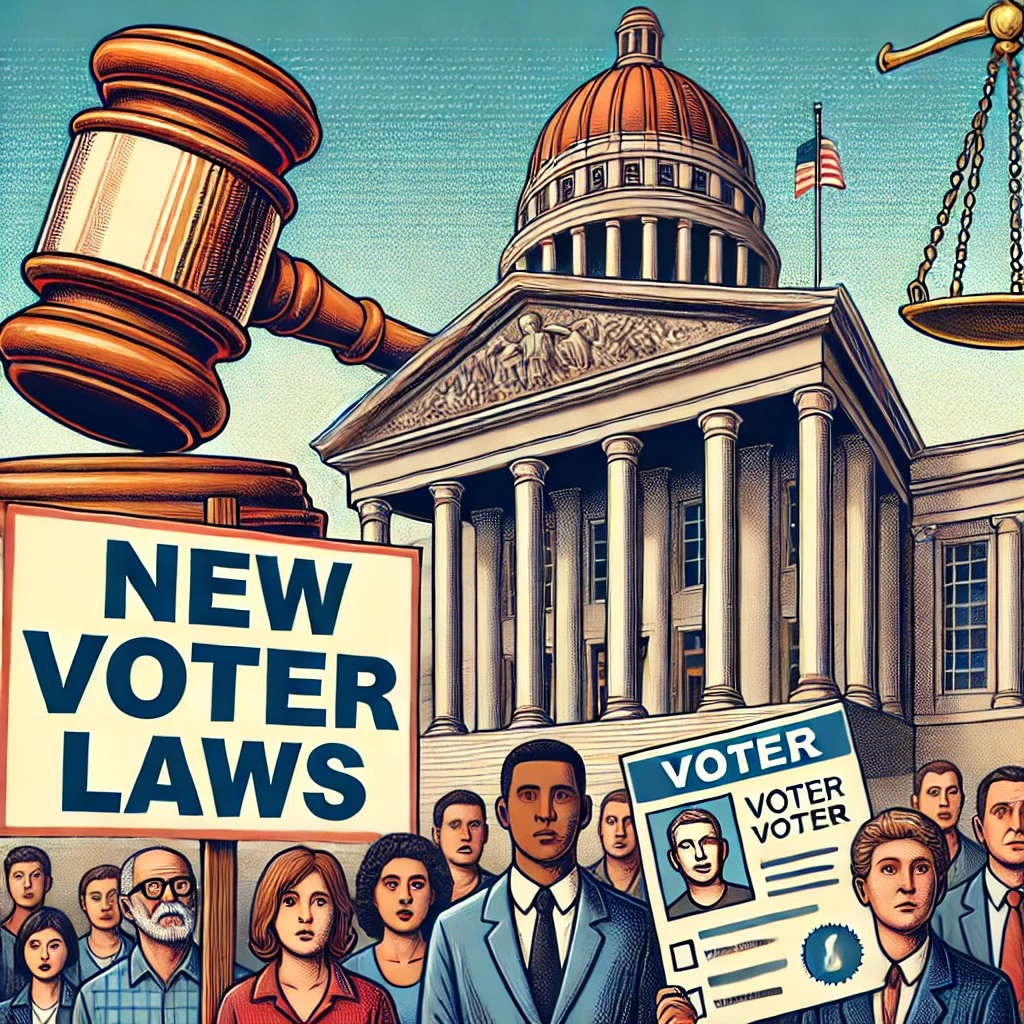
Erosion of Democracy
If voter turnout is low or voting rights are being restricted, it could be a sign that the system is rigged to keep a small group in power. Making it harder for people to vote, or having elections that don’t seem to reflect what the public wants, can be a red flag.

Limited Media Independence
When the media is owned by a few powerful companies or individuals, it may not tell the whole truth. The news you get might favor the wealthy or avoid stories that challenge those in power, making it hard for the public to get unbiased information.
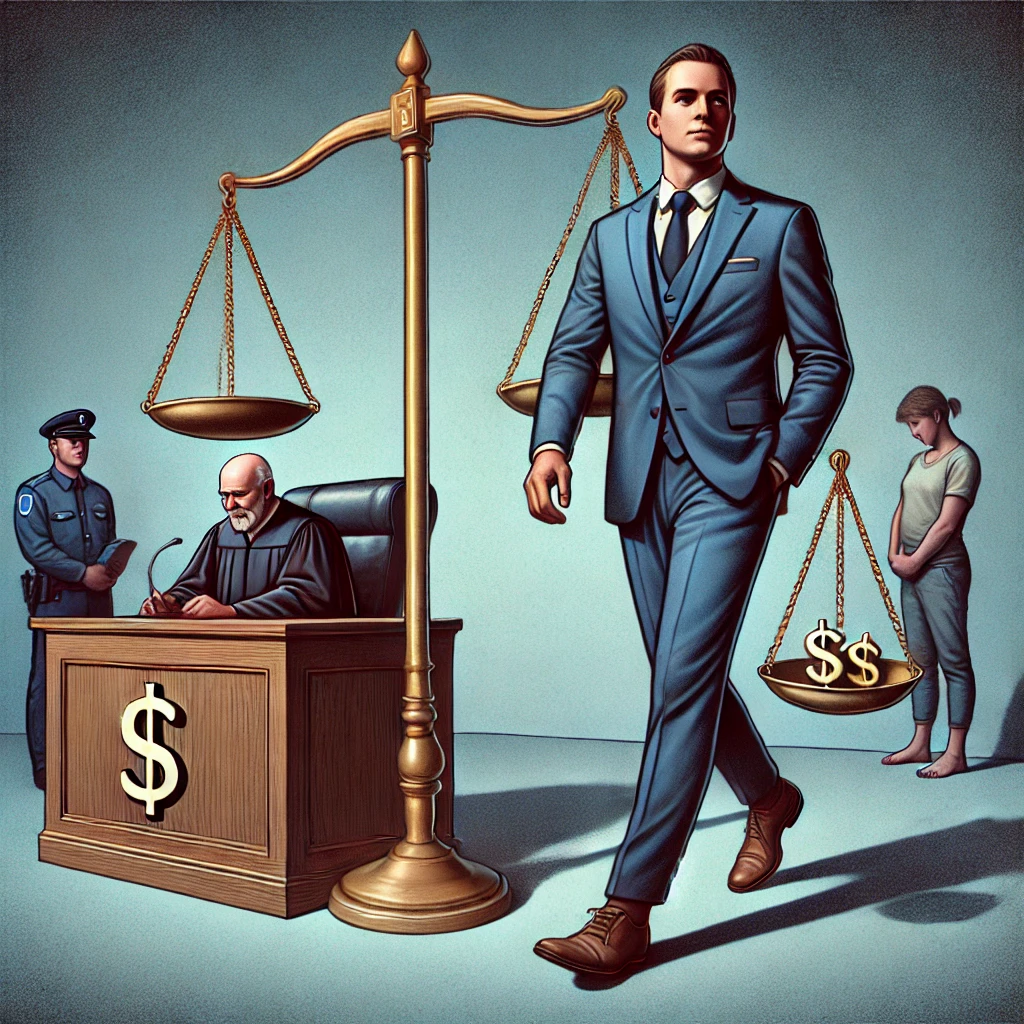
The Legal System Protects the Powerful
If rich or well-connected people rarely face serious consequences for breaking the law, while average citizens are punished harshly, it suggests unequal treatment. Laws may be written or enforced in a way that favors the wealthy, letting them avoid accountability.
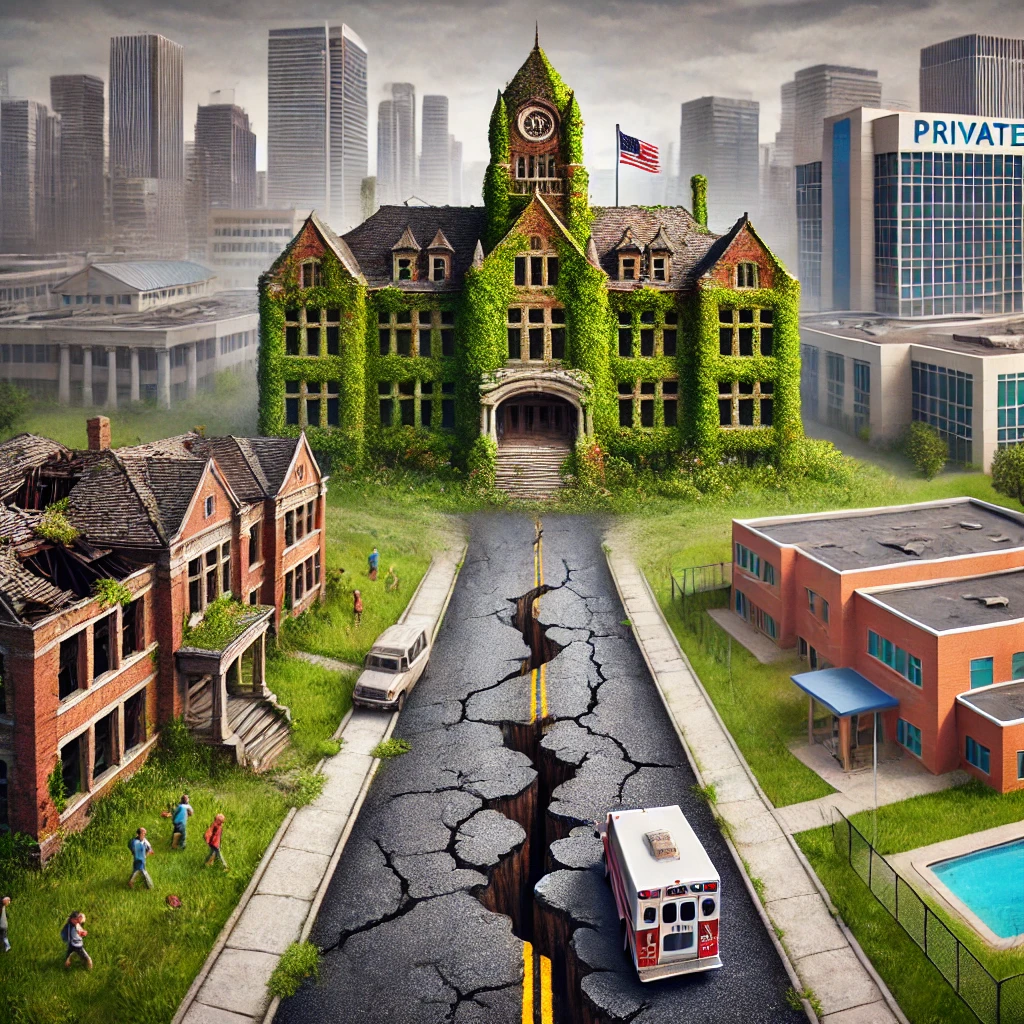
Public Services Are Underfunded
When public schools, health care, and infrastructure are neglected while private options flourish, it’s another clue. In an oligarchy, the wealthy often don’t rely on public services, so they may support policies that underfund them, making life harder for the majority.
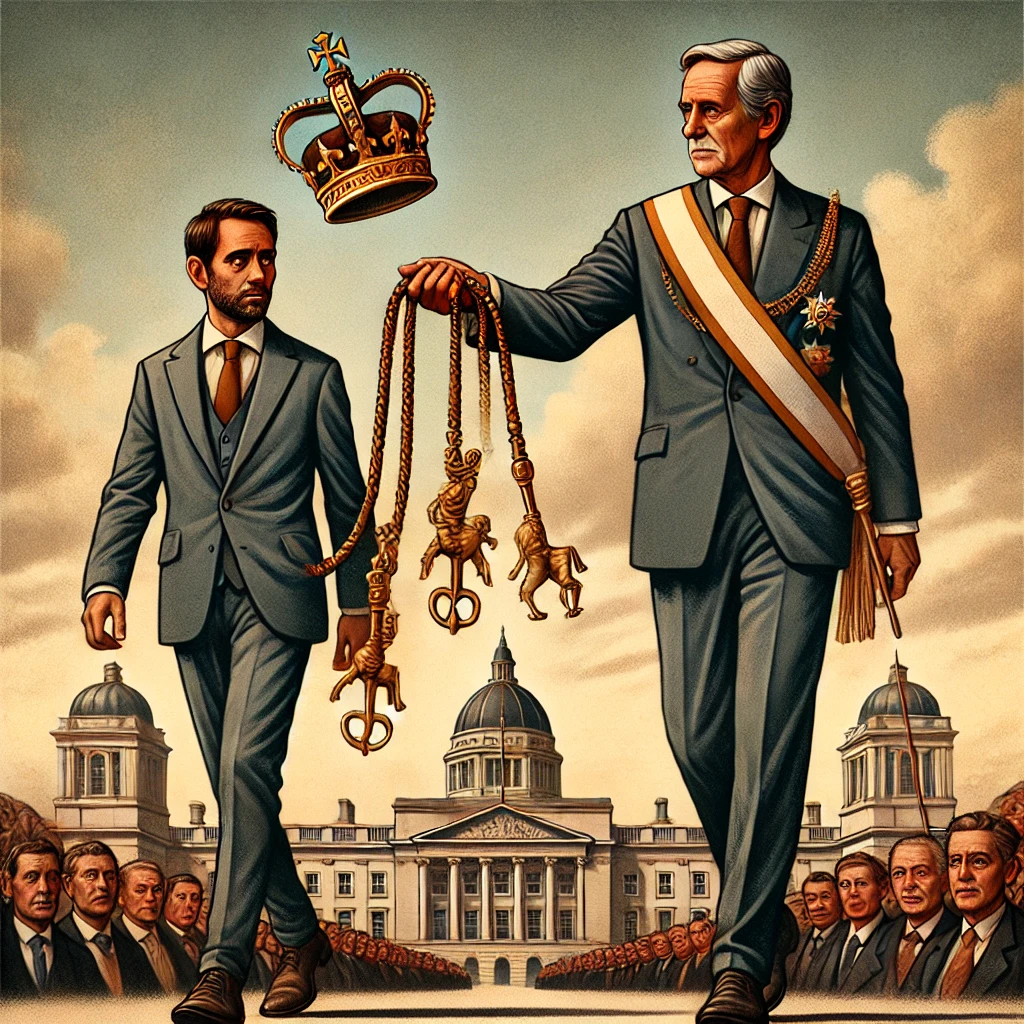
Lack of Political Competition
If the same few families, companies, or groups have been running things for a long time, it shows a lack of fresh ideas or real competition. Even if elections happen, they may feel like a formality, with the same people or groups maintaining their grip on power. If you live in a location that exhibits all 10 of these traits, you are likely living in an oligarchy.

